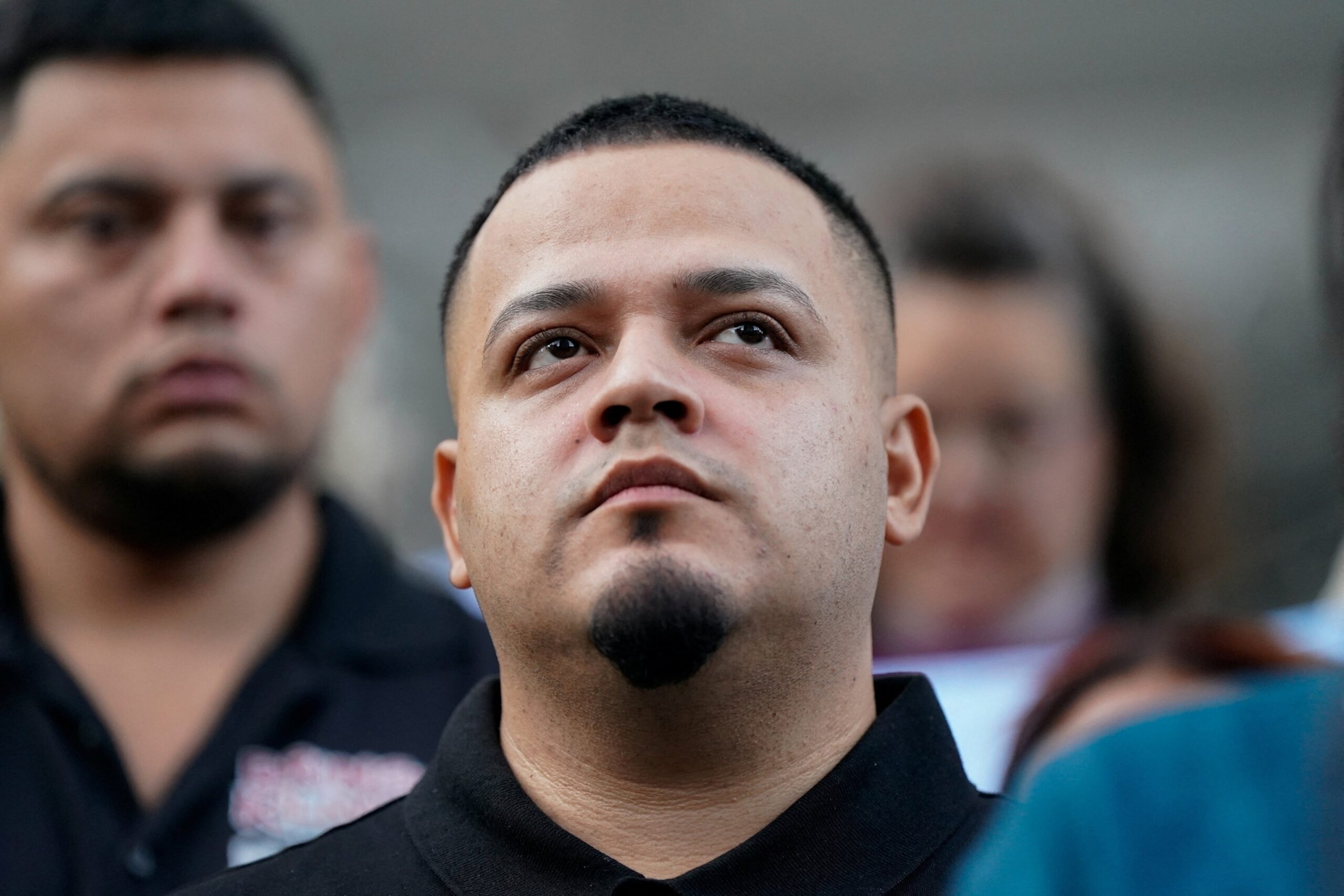The United States government, under the administration of Donald Trump, has reached an accord with the government of Liberia to accept the deportation of It appears to be Kilmar Abrego Garcia, a Salvadoran-national migrant whose forced removal to El Salvador in March earlier this year triggered a major legal and diplomatic uproar. According to a court filing, the U.S. Justice Department said Liberia accepted Abrego “on a strictly humanitarian and temporary basis” and that preparations were underway to effect his removal possibly as early as October 31, 2025.
Abrego’s case began in March when he was deported to El Salvador despite a 2019 immigration judge order that found he faced a well-founded fear of persecution and barred his removal to that country. He was later returned to the U.S. in June after the courts intervened.
The U.S. filing describes Liberia as “a thriving democracy” and “one of the United States’s closest partners on the African continent,” noting that it is English-speaking and its constitution “provides robust protections for human rights.” The filing further affirms the U.S. Government has received diplomatic assurances regarding the treatment of third-country individuals removed to Liberia.

However, Abrego’s lawyers fiercely contest this move. They argue that their client has no ties to Liberia, he lived in Maryland with his American citizen wife and children and that selecting a country thousands of miles away from his family amounts to punitive and unconstitutional treatment. “After failed attempts with Uganda, Eswatini and Ghana, ICE now seeks to deport our client, Kilmar Abrego Garcia to Liberia, a country with which he has no connection, thousands of miles from his family and home in Maryland,” attorney Simon Sandoval‑Moshenberg said.
Previously, the U.S. had approached other African nations, including Uganda, Eswatini and Ghana, but these options did not materialize. Liberia marks the first African country to have formally agreed to take Abrego’s removal.
Meanwhile, a federal judge in Maryland, Paula Xinis, has temporarily blocked Abrego’s removal while she considers his claim that the government is using his deportation and related criminal charges as retaliation for his earlier legal challenge against the deportation to El Salvador.
Abrego, who entered the U.S. illegally as a teenager and was living in Maryland, is now facing human-smuggling charges in Tennessee, to which he pleads not guilty. His legal team argues that the prosecution is vindictive and tied to his legal opposition to the initial removal.
The move raises complex questions of immigration law, international human rights obligations and the U.S. government’s use of third-country deportation. Critics say the selection of Liberia, despite the lack of any connection to Abrego, illustrates a trend of logistical and political maneuvering rather than transparent application of protections under asylum and due-process frameworks. They argue it sets a troubling precedent.

Liberia’s government clarified in a statement that while it had accepted the U.S. request, the acceptance is on a humanitarian and temporary basis and with the guarantee that Abrego will not be removed to any country where he may face “substantial risk of persecution, torture or other serious harm.”
For Ghana and other countries mentioned in the earlier negotiations, the outcome underscores how the U.S. has increasingly sought African destinations for removals when conventional options falter, placing diplomatic pressure on nations already navigating complex migration and human-rights dynamics.
As the court process advances and the legal status of Abrego’s removal remains contested, this case will likely become a landmark in the interplay between U.S. immigration enforcement and international protections for individuals claiming fear of persecution. It may also shape future decisions on third-country removals and the obligations of nations asked to accept them.
427 Ivorians Apply for Refugee Status in Ghana – Ghana Refugee Board

